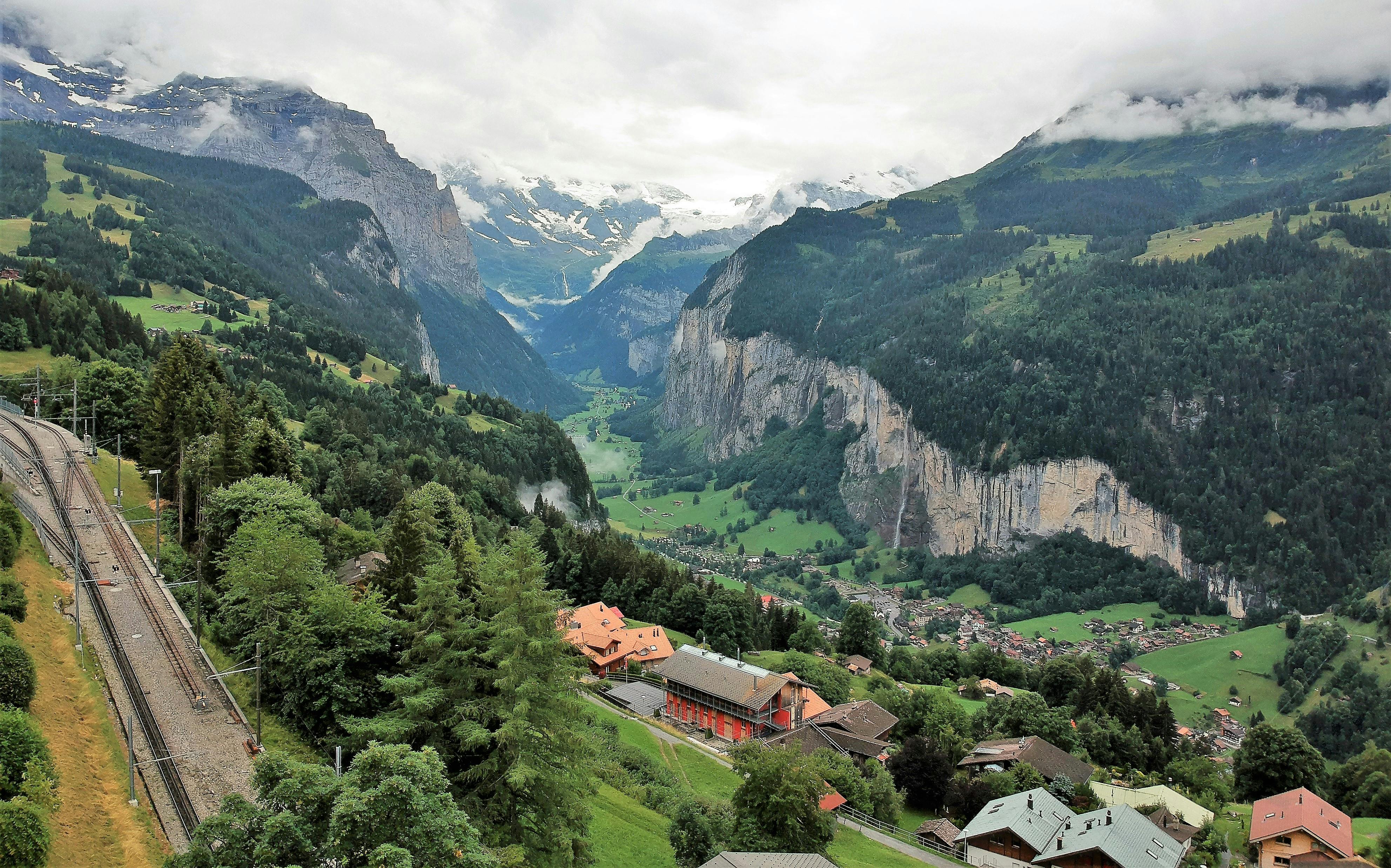Today, Jamaica is one of the favorite vacation destinations for many travelers. Visitors are fascinated by the rich history, unique culture, and comfortable climate. A brief visit to the history of Jamaica is educational whether you plan to visit the island this year or in the future.
Arawaks before the arrival of Columbus
Jamaica’s history began long before the arrival of Columbus in 1494. The island of Jamaica was inhabited by Arawaks for hundreds of years or even longer. They lived a simple life in a small community based on fishing, hunting, and small-scale farming. The arrival of the Spanish led by Columbus opened the island’s door to the world, but economic activities also brought new diseases that destroyed the small native Arawak communities in a few decades. The trace of the life of the first Arawaks, today, can only be seen in a few artifacts, facts that are exhibited in the small museum of White Marl.
Spanish occupation
Between 1494 and 1655, the Spanish used Jamaica as a springboard for their conquest of the Americas. The island was occupied by the Spanish settlement and their slaves. In 1655, it was captured by the British expedition led by Admirals Penn and Venables. The influence of the Spanish settlement on the development of the social, economic and political life of the island was negligible, apart from the remains of buildings on the island: Spanish colonial architectural styles, place names, etc. The island was of no importance to the Spanish. at the time.
The slave economy
A few years after capturing the island, the British imported African slaves on a large scale for the sugar plantations. Unlike the Spanish occupation, Jamaica brought prosperity to English plantation owners and many English cities. The plantation dominated the economic, political, and religious life of the island. The laws supported the slave system as well. In 1838, the slaves were freed and the plantations began paying wages to their workers. After Emancipation, many of the former slaves settled and farmed as small farmers in the mountains. As the decline in the export of sugar, exports of campeche, coffee and bananas began.
Independence and Decolonization
The movement for independence was the reaction to the economic crisis generated by the Great Depression. In 1938, two major political parties and their affiliated unions combined efforts to fight for political independence from England. In 1962, Jamaica was granted political independence.
Political Independence
After political independence, Jamaica was governed by a prime minister, who must consult with the Governor General, who was the representative of England. PNP and JLP are two major political parties in Jamaica today. The PNP held political office and initiated a change in major economic policies between 1972 and 1980. From 1980 to 1989, the JLP held political office. With a special political relationship with the Reagan administration, Jamaica benefited from generous US aid in the first half of the decade. Jamaica’s prosperity was further boosted by the large volumes of emigrants beginning in the 1980s which also saw, mainly the US.
jamaica today
The size of 4,000 square miles makes Jamaica the third largest island in the Caribbean. The capital of Jamaica Kingston is where most of the activities are concentrated. Jamaica, today, is one of the most popular tourist destinations for vacationers. People from all over the world flock to Jamaica for its weather, culture and entertainment, or simply to spend a weekend in luxury Jamaica hotels. Jamaica is where you can enjoy the different lifestyles at home and you can help yourself to fruit from the trees in the country, although the most important dinners are jerk chicken and fish with coconut milk and spices. Almost everyone in Jamaica speaks English. Driving in Kingston is challenging for new visitors because there are no signs. With the popularity of the Internet, a typical vacation plan to the island of 2.7 million begins with searching the web for the perfect Jamaica Hotels and Resorts. When you know the history of Jamaica, your visit to the Island will never be the same.
